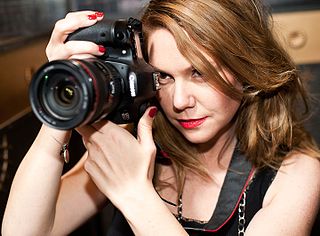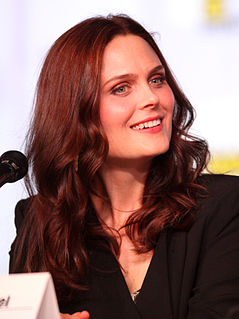A Quote by Kim Edwards
The secret at the heart of 'The Memory Keeper's Daughter' is something everybody, except for some of the characters, knows in Chapter 1. Some of the narrative tension comes from that distance between what the readers know and what the characters know.
Related Quotes
When writers are self-conscious about themselves as writers they often keep a great distance from their characters, sounding as if they were writing encyclopedia entries instead of stories. Their hesitancy about physical and psychological intimacy can be a barrier to vital fiction. Conversely, a narration that makes readers hear the characters' heavy breathing and smell their emotional anguish diminishes distance. Readers feel so close to the characters that, for those magical moments, they become those characters.
There is really no fiction or non-fiction; there is only narrative. One mode of perception has no greater claim on the truth than the other; that the distance has perhaps to do with distance - narrative distance - from the characters; it has to do with the kind of voice that is talking, but it certainly hasn't to do with the common distribution between fact and imagination.
Of course I know that the twins are only words on a page, and I'm certainly not the sort of writer who talks to his characters or harbours any illusions about the creative process. But at the same time, I think it's juvenile and arrogant when literary writers compulsively remind their readers that the characters aren't real. People know that already. The challenge is to make an intelligent reader suspend disbelief, to seduce them into the reality of a narrative.
It's funny what [producer Richard Zanuck said about even though you can't quite place when the book or the story came into your life, and I do vaguely remember roughly five years old reading versions of Alice in Wonderland, but the thing is the characters. You always know the characters. Everyone knows the characters and they're very well-defined characters, which I always thought was fascinating. Most people who haven't read the book definitely know the characters and reference them.
I think it gets really dangerous, though, to do it on the show. I think that the writers and producers are very much aware of that and the dangers of putting characters together and what that can mean for the show. You know, it's possible it could kill the thing that holds the show together, the chemistry, sexual tension between the two characters.



































